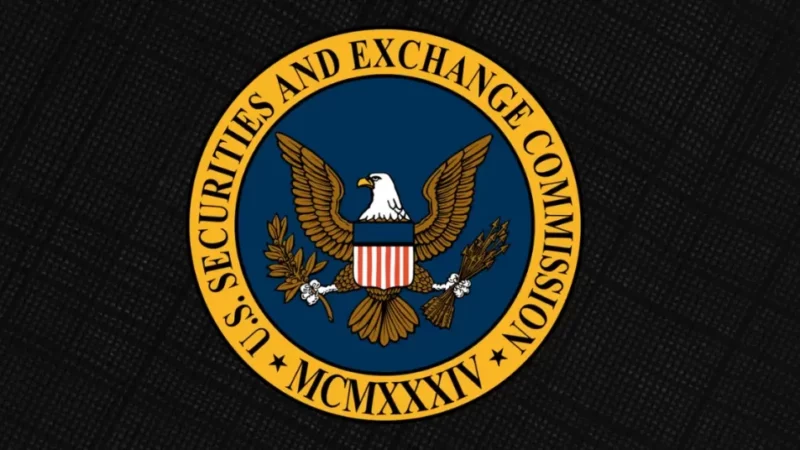Gemini Exchange Responds to SEC Lawsuit: Dismissal Motion Filed


The post Gemini Exchange Responds to SEC Lawsuit: Dismissal Motion Filed appeared first on Coinpedia Fintech News
After Coinbase and Binance, Gemini too followed suit by filing a response to dismiss a lawsuit initiated by the U.S. Securities and Exchange Commission (SEC). In the lawsuit, SEC has claimed that Gemini’s service called “Gemini Earn,” which facilitates lending digital assets such as Bitcoin to Genesis, is violating securities regulations by offering unregistered securities.
To reject SEC’s claim, Gemini has filed a brief outlining its argument for dismissal. The crypto exchange claims that the SEC has failed to present a clear case. Like Coinbase they have a similar notion where they want to dismiss the motion because SEC has not laid any valid classification that may constitute what comes under “Security”. Treating everything as securities is vague and unjustified.
Gemini’s cross-motion transpired from the fact that SEC should focus on asking straightforward questions to determine if it’s a security. These questions must include when the alleged security was sold, who the buyer and seller were, and the price offered. They want SEC must first point out the unregistered security and then identify the sale. The SEC hasn’t done this according to Gemini.
SEC Weak Case Against Gemini, Lawyers Say its SEC is “Floundering”
Interestingly, the two theories by SEC between classifying Loan Agreement itself as a security and asserting that the entire Gemini Earn program is a security is somewhat misleading and the company’s lawyer says it is “absurd”.
In response to the recent filing, Jack Baughman has openly outlasted the SEC’s move and said that they are unable to provide any valid arguments against the exchange and on another scoop of losing a case. The important fact he highlighted here is that the regulator cannot even determine what the security in question is.
He raised his doubts over the SEC’s broad interpretation of the term “sale,” noting that it relies on vague points that Gemini and Genesis “sold” their commitment to pay interest in exchange for crypto assets. Baughman rejected this notion, underscoring the distinction between a sale and a loan.
Notably, Baughman, said in previous court filings, Gemini has already clarified that the transactions in their Gemini Earn program are more like loans and shouldn’t be seen as violating securities laws. With no clear rules and regulations, SEC seems confused and inconsistent in its arguments, making SEC look weak in their own stance in the case.
Also, there’s another case happening at the same time. Genesis, the other company in the SEC’s case, is facing issues too. Genesis’ parent company, Digital Currency Group (DCG), wants to get rid of Gemini’s lawsuit. Gemini says DCG didn’t give them the right information about how well Genesis was doing financially.




